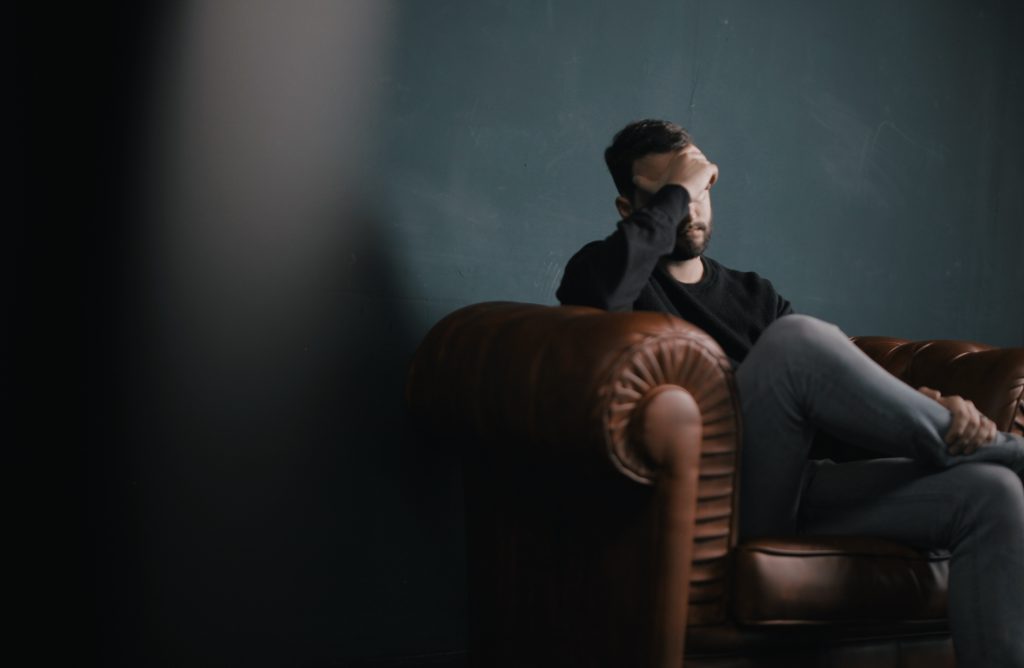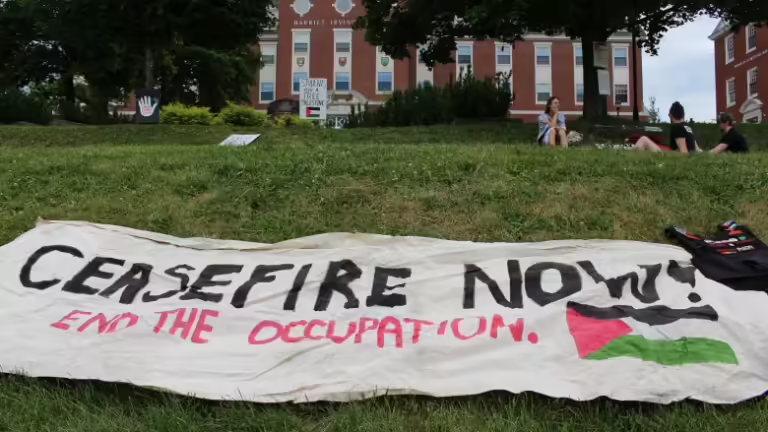The number of students seeking mental health help has soared at the University of New Brunswick and campuses across Canada.
The number of individual students attending counselling per year at UNB Fredericton has grown by 40 per cent over the past decade, without any budget increase to Counselling Services since 2008. The severity of cases, including the percentage of suicidal students, has also skyrocketed.
But mental health experts, advocates and student groups are divided on how to address the issue.
Rice Fuller, director of UNB Counselling Services, proposed a number of solutions in a recent report sent to vice-president Academic George MacLean.
These solutions include the addition of a counselling associate director to support managerial responsibilities; the inclusion of counsellors in the faculty union; the potential for tenure positions for counsellors; and the creation of a mental health strategist position, to be charged with outreach into the university environment.
The mental health strategist is the only one of these proposals that has been fulfilled, through four years of funding from the New Brunswick Department of Post-Secondary Education, Training and Labour.
Fuller has not yet received a response to his report or his proposed solutions from MacLean.

Some students, on the other hand, say hiring more staff is not the solution.
Simal Qureshi, vice-president advocacy for the UNB Student Union, said she recognizes the strain being put on students and counsellors because of this rise in appointments.
“It is certainly imperative to note that we cannot hire our way out of the mental health epidemic,” Qureshi said. “A feasible, long-term and sustainable strategy must be developed.”

Earlier this year, the UNB Student Union petitioned the federal Minister of Health to increase funding for mental health through their participation in the Canadian Alliance of Student Associations’ #StudentsLetsAct campaign. They have also been advocating for the implementation of e-mental health supports.
Emily Blue, the executive director of the New Brunswick Student Alliance, said that online services are useful in serving a greater population and relieving the long wait times.
“E-mental health services would allow for early intervention to provide support to students with low to medium-level cases to prevent them from waiting for two to six weeks,” Blue said.

Students at UNB are currently able to obtain an initial appointment within a few days, though the provincial average is much higher.
The New Brunswick Student Alliance has been lobbying the provincial government for $225,000 for a suite of “evidence-based” technology programs. That price tag includes $25,000 to market the programs to students.
Blue said the alliance has selected the programs Kognito, 7 Cups and Therapy Assistance Online, in consultation with the Association of Atlantic Universities. These programs could be made available to all students across New Brunswick.
“We’ve had positive conversations about this,” Blue said. “We are hopeful that perhaps this is something that is going to be announced later on this year.”

While student groups remain focused on technology-based services, Fuller said UNB Counselling Services have tried a few online tools, but student usage has been low.
“For people who do start using these tools, they use it once and then never come back to it,” Fuller said. “It is my opinion that at this point online e-mental health tools are being significantly oversold and represented as ‘the answer’ to the current student mental health crisis.”
A study reported in the Journal of College Student Psychotherapy in 2018 concluded that college and university students have low intentions to use online self-help tools and low actual usage of these tools. The one exception is searching online for information about mental health problems.

Fuller’s report suggests multiple ways to increase funding for Counselling Services. These include charging for missed appointments, soliciting donations, pushing for increased government funding and a student mental health fee.
The St. Thomas University Student Union introduced a mental health fee this fall. The $33.91 fee was voted on last spring in a student referendum and passed with a 72 per cent majority. Over the next four years, the fee will culminate in a $300,000 donation to campus mental health services when combined with $50,000 from the STUSU’s reserve funds.
STUSU president Brianna Workman said with only one full-time counsellor, this new fee will be beneficial in eliminating long wait times.
“Often for a student who perhaps finally reaches out after a long time of struggling in silence, only to be faced with a two to three-week waiting period or more, it can be extremely discouraging,” Workman said.
This is not an issue exclusive to university campuses. Communities across Canada and New Brunswick have been experiencing a rise in the use of mental health services, and Fredericton is no exception.
Green Party leader David Coon, the MLA for Fredericton South, said the provincial government needs a more strategic approach to funding youth mental health.
“The best system that exists so far in this city is here on campus, in terms of being able to get to a diagnosis and regular appointments with a psychiatrist, that sort of thing,” Coon said in an interview with The Brunswickan. “There’s nothing that compares to that outside of campus.”
He said until recently, the Department of Health wasn’t working to tackle mental health for specific demographic groups.
The province currently operates under a system that puts a cap on psychiatrist billing hours based on demand, a system that Coon says is failing to keep up.

“The cap was settled a long time ago, when the population was smaller and when the demand was far less than it is today,” he said. “We are short about seven psychiatrists in this region.”
Coon is hopeful things will change, however, as the current government shares his view that the cap system should be removed.
The province is conducting pilot projects aimed at decreasing therapy wait times for youth and addressing suicide rates. Coon remains concerned about the low probability of securing the government funding required to continue these projects past the pilot stage.
“We have real issues we need to put new money at, to address, say, these pilot projects, which were successful both in improving youth mental health and and reducing suicides,” Coon said. “It’s going to cost to implement them across the province. So we need to see commitment to that.”
Alexandre Silberman contributed reporting
Editor’s Note: This is the third story of a three-part series on the challenges UNB Counselling Services is facing in adapting to increased demand. Read Part One and Part Two.





